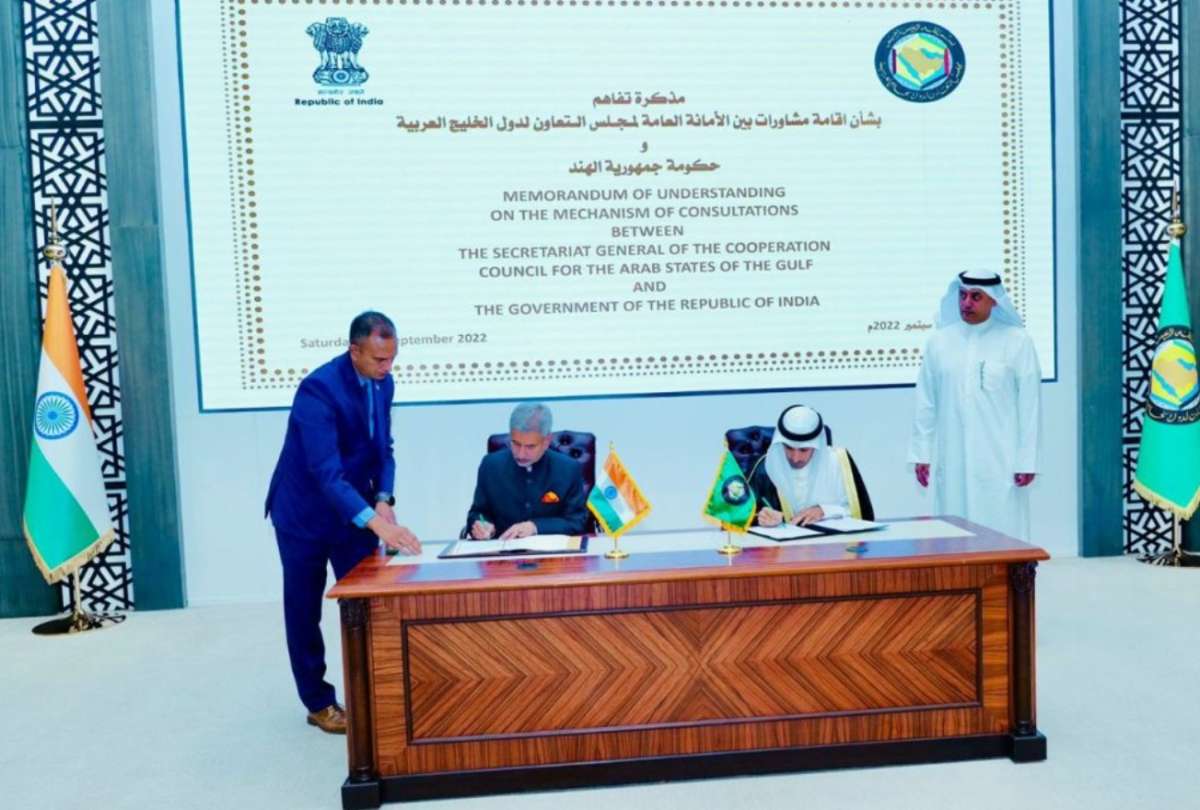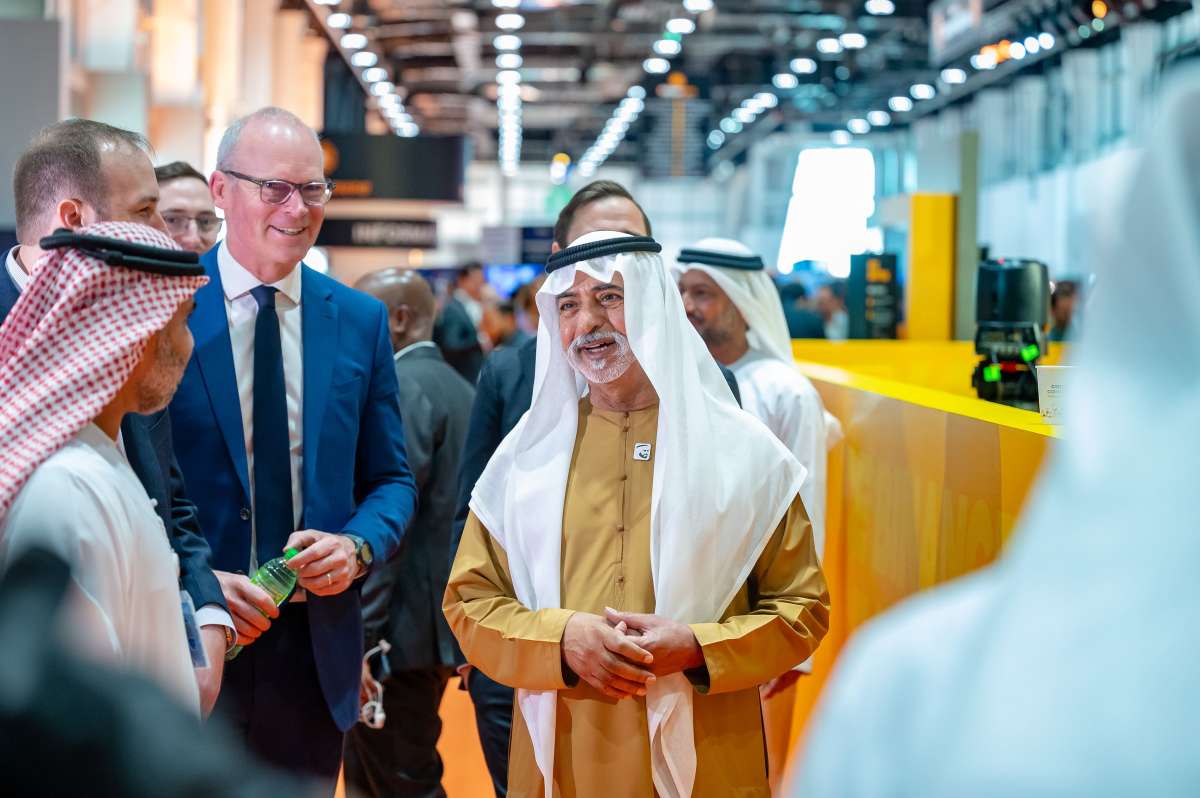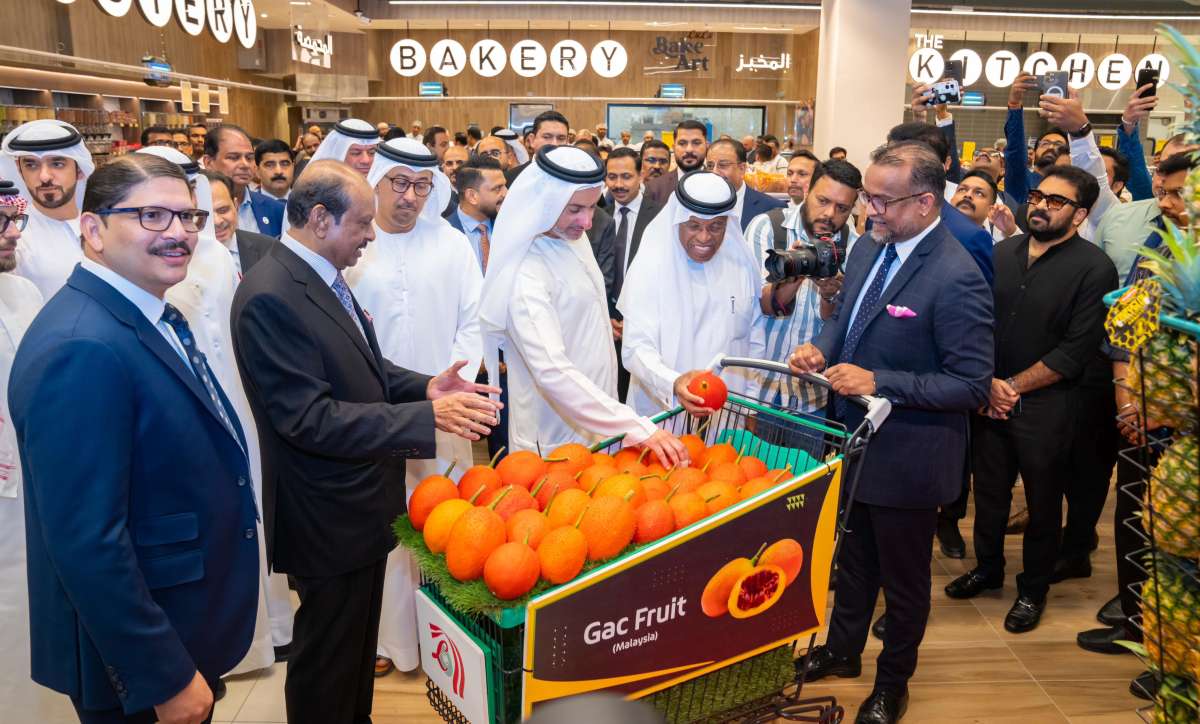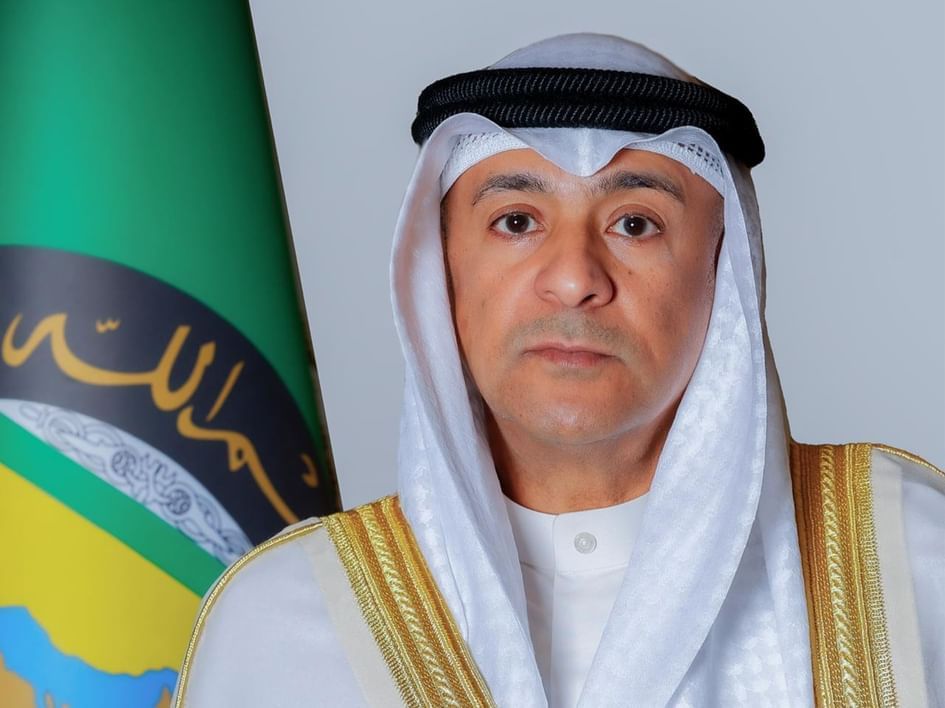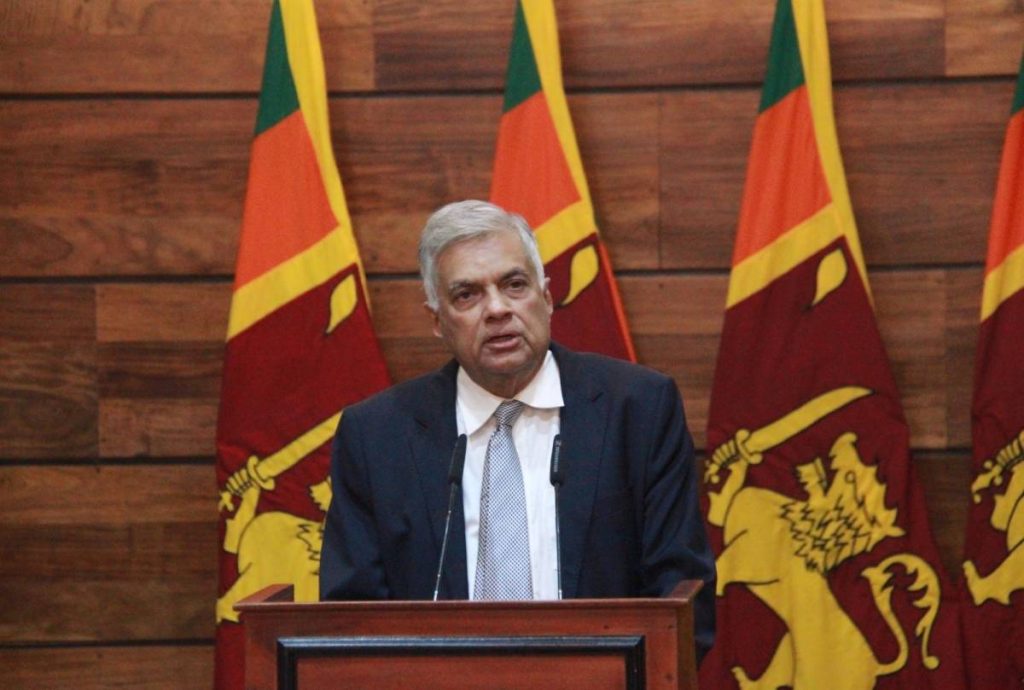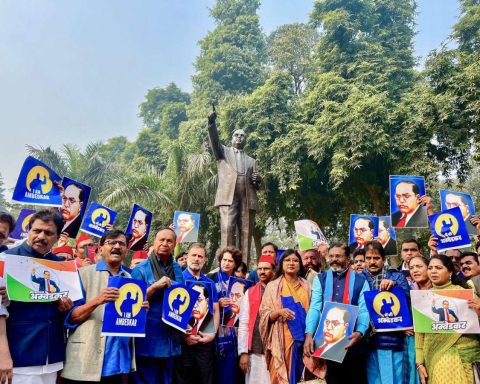According to experts, the GCC region holds huge trade potential, and a trade agreement would help in further boosting India’s exports to that market…reports Asian Lite News
India and the Gulf Cooperation Council (GCC) member countries are expected to start negotiations for a free trade agreement next month with an aim to boost economic ties between the two regions, an official said.
The GCC is a union of six countries in the Gulf region — Saudi Arabia, UAE, Qatar, Kuwait, Oman and Bahrain.
“Terms of reference for the agreement are being finalised and we expect to launch the negotiations next month,” the official said.
India has already implemented a free trade pact with the UAE in May this year.
According to experts, the GCC region holds huge trade potential, and a trade agreement would help in further boosting India’s exports to that market.
Rakesh Mohan Joshi, director, Indian Institute of Plantation Management, Bangalore, said the GCC market is unexploited by domestic exporters, and it holds huge potential.
“GCC is a major import dependent region. We can increase our exports of food items, clothing and several other goods. Duty concessions under a trade agreement will help in tapping that market. It will be a win-win situation for both sides,” Joshi said.
Mumbai-based exporter and founder chairman of Technocraft Industries India Sharad Kumar Saraf said the GCC has emerged as a major trading partner for India and there is huge potential for increasing investments between the two regions.
“FTA will have a major benefit for both the sides,” Saraf said.
Sharing similar views, Federation of Indian Exports Organisation (FIEO) vice-chairman Khalid Khan said sectors such as chemicals, textiles, gems and jewellery and leather will get a major impetus by this agreement.
India imports predominately crude oil and natural gas from the Gulf nations like Saudi Arabia and Qatar.
Spike in trade
Bilateral Trade between India and the Gulf Cooperation Council (GCC) grew from US$ 87.35 billion in FY 2020-21 to US$ 154.66 billion in FY 2021-22, registering an increase of 77.06% on a year-on-year basis. Since FY 2017-18, on a compounded annual growth rate basis, bilateral trade between India and the GCC has grown by 10.57%.
Giving details in the Lok Sabha of India’s exports to the GCC during the last five financial years, the Minister of State in the Ministry of Commerce and Industry Anupriya Patel had stated a few weeks ago that since FY 2017-18, on a compounded annual growth rate basis, bilateral trade between India and the GCC has grown by 10.57%.
India seeks greater investment from Saudi Arabia
Saudi Investments in India, as of March 2021, amounted to US$3.13 billion. Major Saudi investment groups include ARAMCO, SABIC, ZAMIL, E-holidays, and Al Batterjee Group. Additionally, Soft Bank’s ‘Vision Fund’ has invested in Indian startups such as Delhivery, FirstCry, Grofers, Ola, OYO, Paytm and PolicyBazaar.
Other proposed major investments include the US$44 billion ‘West Coast Refinery and Petrochemicals Project’ in Maharashtra, which is being jointly built by Saudi Aramco, Abu Dhabi National Oil Company, and an Indian consortium, which includes Indian Oil Corporation, Hindustan Petroleum Corporation, and Bharat Petroleum Corporation.
In the renewable energy sector, Saudi Company Al-Fanar has a controlling stake in 600MW Wind Power projects in India.
Riyadh has also thanked India for standing by Saudi Arabia during the pandemic including facilitating the travel of Indian healthcare professionals to Saudi Arabia.
While a large number of Indian workers particularly in the Gulf returned to India due to Covid-19, the economic recovery in that region and their increasing openness to travel from India have now seen a return by many of them.
Why GCC is significant for India
Historically, GCC and India have enjoyed cordial relations, with India as the immediate neighbor to the Gulf counties and a key player in ensuring peace and stability to the nation.
Indian diaspora in the Middle East accounts for around 7.6 million people, with UAE at 3,41,000 followed by Saudi Arabia with 25,94,957. Kuwait hosts 10,29,861 Indians, Oman 7,79,351, Qatar 7,56,062. As per the RBI report remittances that this diaspora sends are said to be around 30% of the total remittances received by India from abroad, however, earlier this figure used to be 50%. The primary reason for such a massive diaspora in these countries can be the shortage of local workforce and the development and job opportunities these countries constitute. The decline in the remittances can be because of the COVID-19 pandemic which forced the labor to come to India.
ALSO READ-Real Estate group becomes #1 workplace for women in GCC
